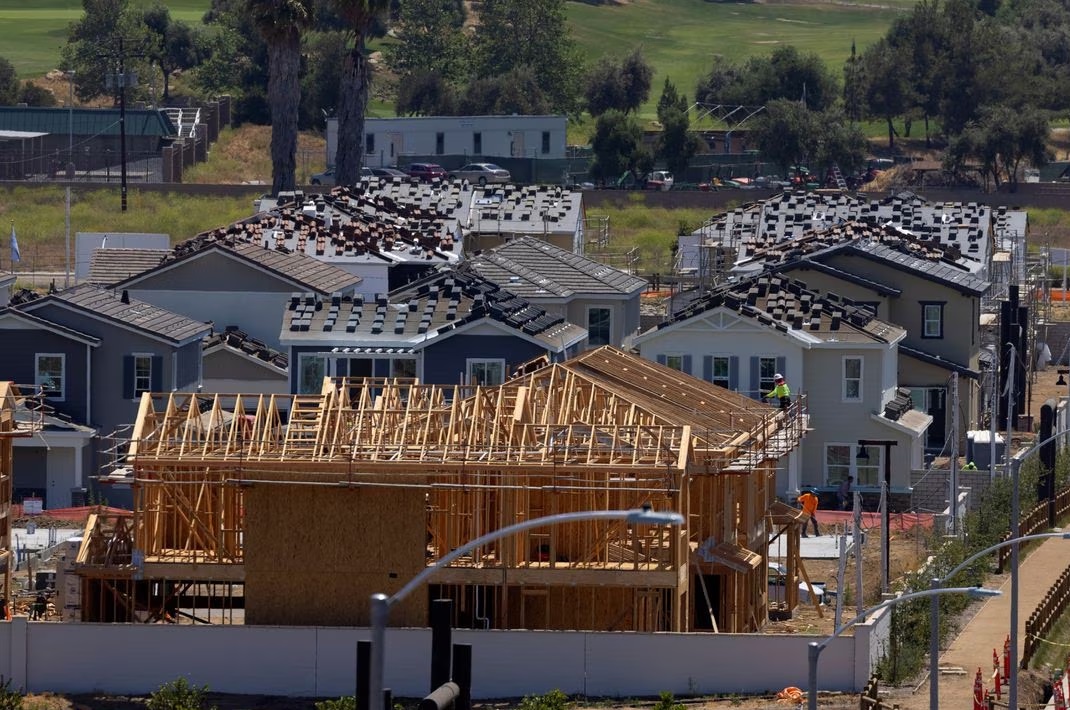Consumer Confidence, the Real Estate Market, and the Percolating Economy
Thu Sep 28, 2023 on Florida Real Estate & News

There are a number of factors currently influencing the real estate market and the economy in general. Interest rates, low housing inventory, potential government shut-downs, labor strikes, inflation, and higher real estate prices have all added to a four-month low in the consumer confidence level. Why? Many consumers are concerned that the economy is headed to a recession over the next year.
Consumer Confidence
While the Federal Reserve has recently left its overnight interest rate unchanged at the 5.25%-5.50% range, the U.S. Central Bank has projected another rate hike by the end of the year. This, in turn, effects the real estate market as higher mortgage interest rates, which rose above 7% in August has led to an overall slow-down on the real estate market as the affordability of purchasing a home is reduced for a majority of prospective home buyers.
While inflation seems to be slowing, prices are still higher than they were before the pandemic which takes a toll on consumer confidence. As we all know, the pandemic caused tremendous supply chain issues where buying household goods and even necessities were difficult. Perhaps because of the low inventory created by the pandemic, many consumers continue to spend even though they are concerned about the overall economy. As a result, ironically consumers do not show any intention of reducing their spend on big-ticket items such as cars, refrigerators, and televisions sets over the next six months. The rub though is that much of that consumption is now on high interest credit cards.
Housing Market
Adding to lower consumer confidence levels, the real estate market is becoming more sluggish as the rate on 30-year mortgages climbed an average of 7.19% last week. Mortgage rates are rising at the same pace as U.S. treasury yields, which have increased over concern that soaring oil prices will slow down the Fed’s fight against inflation.
Residential single family homes construction by KB Home are shown under construction in the community of Valley Center, California, U.S. June 3, 2021. REUTERS/Mike Blake
The residential housing market is in flux. There remains low supply which is still pushing housing prices high. While builders may provide financial incentives to potential home buyers to increase sales, resales are down because current homeowners are concerned about where they will go due to the affordability of buying another home.
What does this all mean?
Simply put, the economy and real estate are dependent on each other. In order to combat inflation, the Federal Reserve has increased interest rates which directly impact mortgage rates. Increased mortgage rates, in turn, deter prospective homebuyers who need financing to purchase a resale or new home. Combined with interest rates is the fact that the housing supply is still not keeping up with demand which causes increases in residential purchase prices. Decreases in the housing supply are in part due to some home sellers waiting to place their homes on the market due to higher interest rates and low supply. All of these market pressures continue to thwart consumer confidence. And yet, until we, as consumers, change our outlook as to demanding higher prices for items we wish to sell, the housing market will remain in limbo: as the economy ultimately falls into that long-anticipated recession caused by the hangover due to the overconsumption during the post pandemic period.
From the trenches,
Roy Oppenheim
originally posted at: https://www.oppenheimlaw.com/news-resources/consumer-confidence-the-real-estate-market-and-the-percolating-economy/

